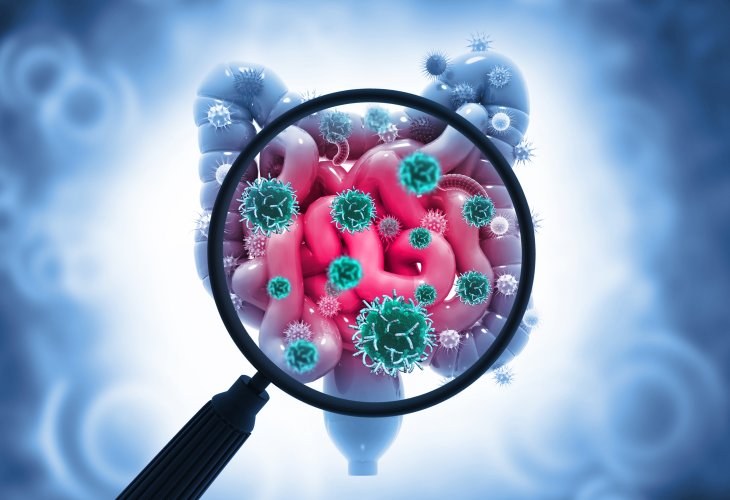Boosting Your Immune System: Tips and Tricks
Ever wonder why some people fall ill while others don't, even in the same room?
 (Photo: shutterstock)
(Photo: shutterstock)Ever wonder why some people fall ill while others don't, even in the same room?
The answer lies in a strong immune system and good immune resilience.
The main factors that weaken our immune defenses are poor nutrition, nutritional deficiencies needed to combat pathogens, stress, and spending long hours in enclosed spaces with air conditioning and little fresh air circulation.
First and foremost, rest is recommended when dealing with illnesses, including winter ailments. Taking pain relievers and continuing to function as usual prevents the immune system from doing its job and actually weakens it. Rest is crucial to allow the body to harness its healing power, treating the root of the problem rather than just the symptoms.
Vitamin C is effective against colds, especially as a preventive measure. It participates in numerous bodily processes, particularly encouraging the immune system to fight infections. Taking a high dose supplement can cause intestinal sensitivity, so it's advisable to consume lower doses, up to 500 mg, and no more. Supplements containing 1000 mg are not recommended.
Zinc is an important mineral for strengthening immune resilience. When the digestive system is not functioning well, zinc absorption is impaired, and even a small deficiency can lead to immune weakness. Therefore, improve absorption by eating appropriately and not burdening the body with unsuitable food. Zinc can be found in pumpkin seeds, sunflower seeds, almonds, and legumes like lentils, chickpeas, and beans. Continuous intake of zinc can lead to deficiencies in copper and iron, so take zinc for two weeks and then take a break to avoid other mineral deficiencies.
Elderberry is a good immune-boosting plant. You can take an infusion of dried fruits and flowers, a teaspoon in boiling water. Wait about ten minutes, strain, and drink. It can be taken three times a day.
Echinacea is a plant best used only during illness, not as a preventive measure. In the long-term use of echinacea, the body may become accustomed and not respond to the problem, making echinacea only effective during short-term acute illness.
We are exposed to pathogens in the air, food, and even through the skin. Therefore, maintaining a healthy lifestyle with proper nutrition, good sleep—emphasizing correct hours—and physical activity according to one's ability is important for renewing and strengthening the immune system.
Zohara Sharvit is a naturopath N.D and an iridology practitioner with many years of experience in treatment, advice, and workshop facilitation. To book a complimentary workshop, call 073-2221290

